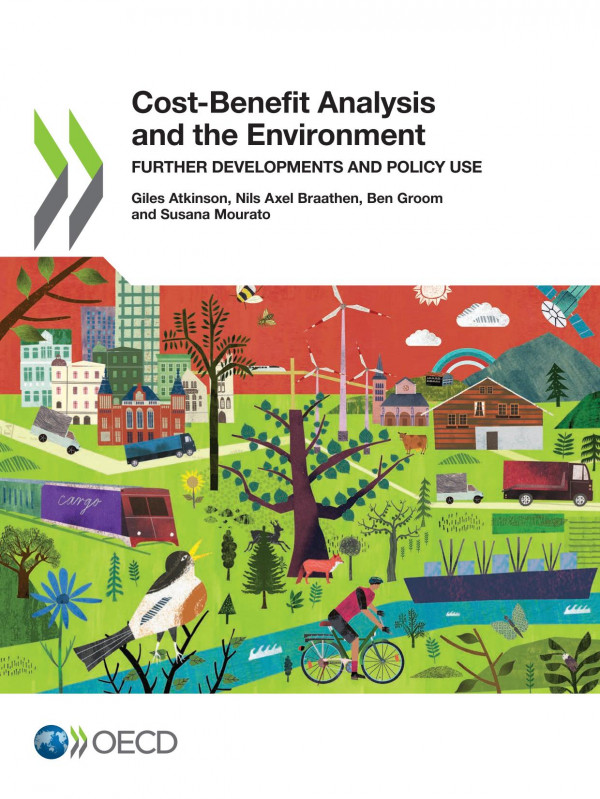

Most ebook files are in PDF format, so you can easily read them using various software such as Foxit Reader or directly on the Google Chrome browser.
Some ebook files are released by publishers in other formats such as .awz, .mobi, .epub, .fb2, etc. You may need to install specific software to read these formats on mobile/PC, such as Calibre.
Please read the tutorial at this link: https://ebookbell.com/faq
We offer FREE conversion to the popular formats you request; however, this may take some time. Therefore, right after payment, please email us, and we will try to provide the service as quickly as possible.
For some exceptional file formats or broken links (if any), please refrain from opening any disputes. Instead, email us first, and we will try to assist within a maximum of 6 hours.
EbookBell Team

0.0
0 reviewsThis report, Cost-Benefit Analysis and the Environment: Further Developments and Policy Use, provides a timely update on recent developments in the theory and practice of cost-benefit analysis. Many important theoretical developments have taken place over the last decade, not least in relation to the economics of climate change and to the treatment of uncertainty and discounting in policy or project assessments. For example, increasing attention has been devoted to assessing the social costs of carbon (SCC). Since carbon emissions have global impacts that vary across time and space and occur in many different sectors, the calculation of the SCC is complex, requiring inputs from many different disciplines. This book explains the underpinnings of the SCC and reviews the different approaches and uncertainties in its estimation, addressing key questions that will influence the policy relevance of such calculations: What path will emissions take? How will emissions affect temperatures? How will temperature changes cause damages?
The report also updates the technical and practical developments in the key issue of discounting. While the theory of social discounting shows clearly how the social discount rate should be defined, in practice numerous questions arise, especially when considering actions with implications for generations in the far distant future: intergenerational projects and policies. In such contexts, there is strengthening theoretical and empirical support for the use of discount rates that decline with time. But this has important implications for the policy debate around major environmental issues such as climate change, air pollution and water management.